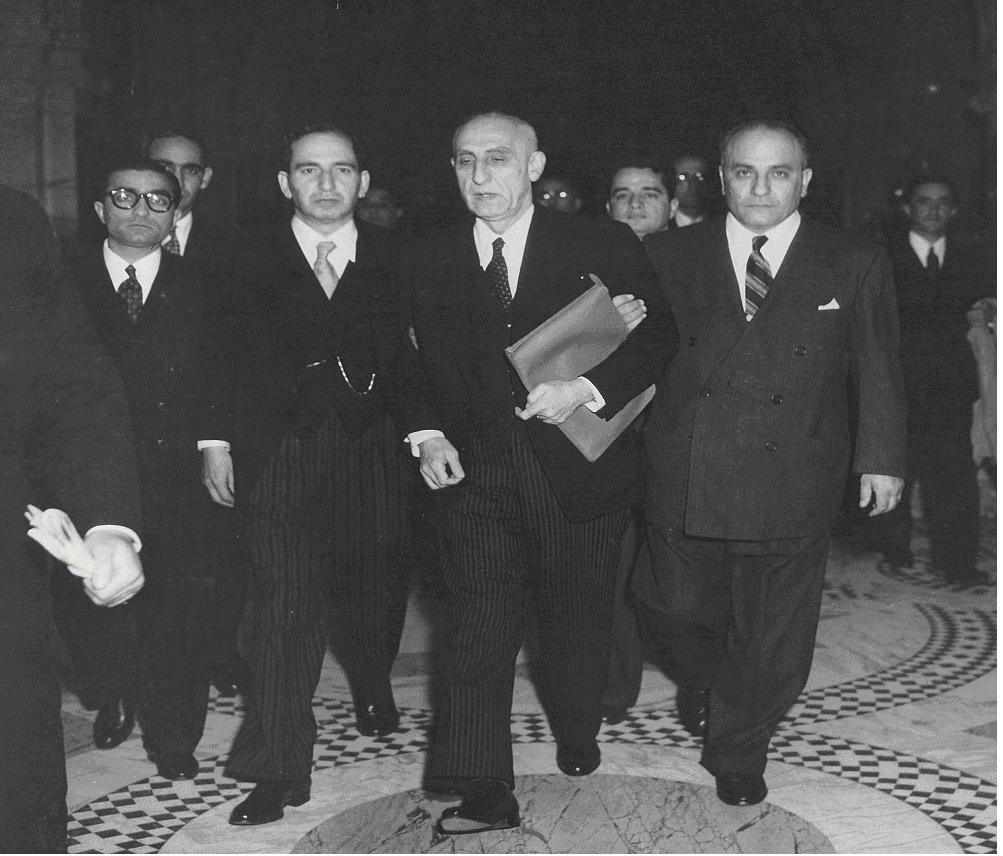THE MARK | June 22, 2010
Professor, political science, York University; media commentator on the Middle East.
by Saeed Rahnema
As oil continues to leak into the Gulf, Iranians might remember the company’s dark history in their country.
If I were superstitious, I would say that the catastrophic situation BP currently finds itself in vis-a-vis the disaster in the Gulf of Mexico is Mossadeq’s curse. This is, after all, not the first time the oil company has made a mess of things in another country.
British Petroleum, the third largest “supermajor” has its origins in Iran. Over 100 years ago, a colonial concession by an inept and corrupt Iranian despot gave full control of Iran’s oil exploration and production to the British for 60 years. Iran was to receive 16 per cent of the declared profit, but lacked any right to review the books. Soon after, the Anglo-Persian Oil Company (APOC) was established in 1909, later renamed the Anglo-Iranian Oil Company (AIOC) in 1935, and then British Petroleum in 1954.
The company plundered Iran’s most valuable resource and viciously exploited Iranian workers who laboured under inhuman conditions and lived in abject poverty. With access to the massive and cheap Iranian oil reserves, the British government substituted coal for oil in the Royal Navy, and in 1914 bought up 51 per cent of the APOC shares. The company then signed a contract, guaranteeing a steady supply of Iranian oil to the British Navy for 30 years at fixed prices.
Apart from supplying almost free oil to the British, for decades Iranian oil revenues provided hundreds of millions of pounds in dividend and taxes to the British government. To collect the meagre share of profit it received, the Iranian government also had to purchase all the products that were used in the vast company from British manufacturers and producers, paying high prices and taxes. The company ruled with utmost arrogance, humiliating Iranians and interfering in all aspects of political life. In 1933, Reza Shah tried to make some changes to the original concession, and although some very minor adjustments were made on paper, almost nothing changed in practice.
Anti-British sentiment and calls for changes in the oil concession led some Iranian MPs in 1950 to call for a 50/50 share of profits, similar to what the U.S. had given Saudi Arabia. The company unequivocally rejected the idea and nationalist sentiments eventually brought the democratically elected government of Dr. Mohammad Mossadeq to power in 1951. Mossadeq nationalized the oil industry and an Iranian company, the National Iranian Oil Company, was put in charge.
In response, the British imposed a brutal embargo on Iran and the AIOC used every trick in the books to topple Mossadeq.

